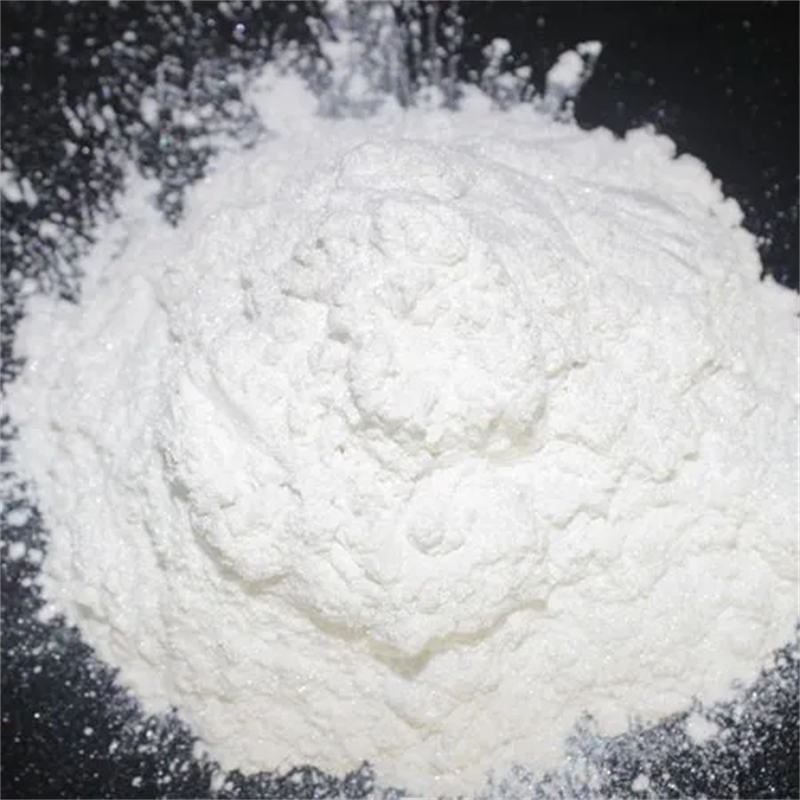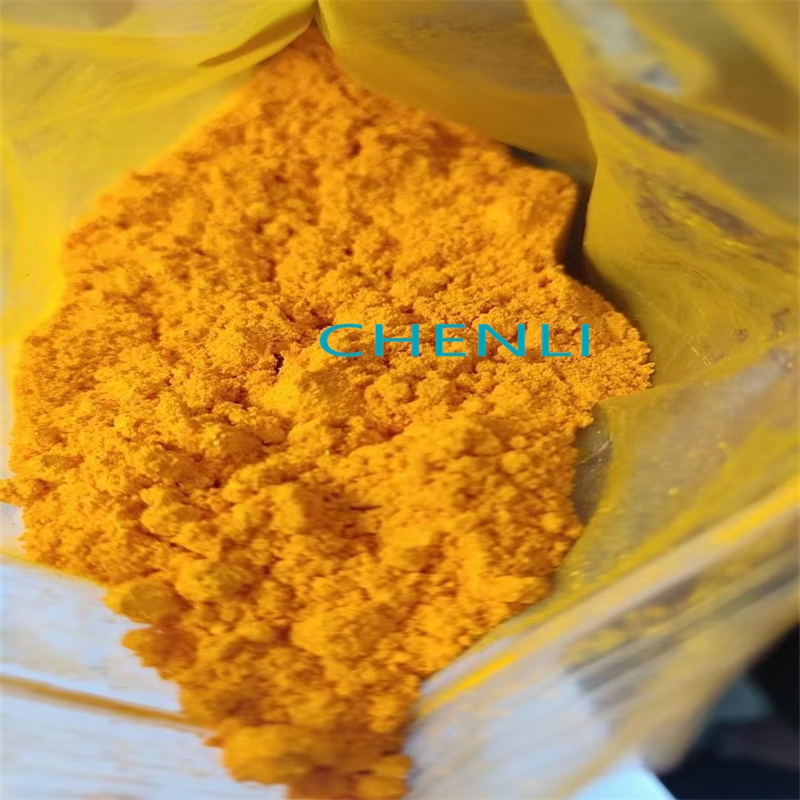-
Categories
-
Pharmaceutical Intermediates
-
Active Pharmaceutical Ingredients
-
Food Additives
- Industrial Coatings
- Agrochemicals
- Dyes and Pigments
- Surfactant
- Flavors and Fragrances
- Chemical Reagents
- Catalyst and Auxiliary
- Natural Products
- Inorganic Chemistry
-
Organic Chemistry
-
Biochemical Engineering
- Analytical Chemistry
-
Cosmetic Ingredient
- Water Treatment Chemical
-
Pharmaceutical Intermediates
Promotion
ECHEMI Mall
Wholesale
Weekly Price
Exhibition
News
-
Trade Service
Calcifediol, also known as vitamin D2, is a synthetic form of vitamin D that is commonly used in the chemical industry.
It is used as an intermediate in the production of a variety of chemical products, including plastics, detergents, and flame retardants.
One of the key benefits of calcifediol is its relatively low cost compared to other forms of vitamin D.
It is also highly stable and has a long shelf life, making it an attractive option for use in the chemical industry.
However, the use of calcifediol in the chemical industry also poses some safety concerns.
Inhalation of high concentrations of calcifediol can be harmful to humans and cause respiratory problems.
It is also possible for the substance to come into contact with the skin, which can lead to irritation and other adverse effects.
To mitigate these risks, it is important for workers in the chemical industry who are handling calcifediol to take appropriate safety precautions.
This includes wearing protective gear such as gloves and respirators, and handling the substance in well-ventilated areas.
It is also important to ensure that the proper safety training is provided to workers who will be handling calcifediol.
In addition to the safety concerns associated with handling calcifediol, there are also environmental concerns associated with its use.
Like other synthetic chemicals, calcifediol can be harmful to aquatic life and the environment if it is not properly disposed of.
It is important for companies in the chemical industry to take steps to minimize their environmental impact and ensure that they are properly disposing of any waste calcifediol.
Overall, while calcifediol has a number of benefits in the chemical industry, it is important for companies to carefully consider the potential safety and environmental risks associated with its use.
By taking appropriate safety precautions and implementing proper disposal procedures, companies can minimize the risks associated with calcifediol and ensure the safety of their workers and the environment.







